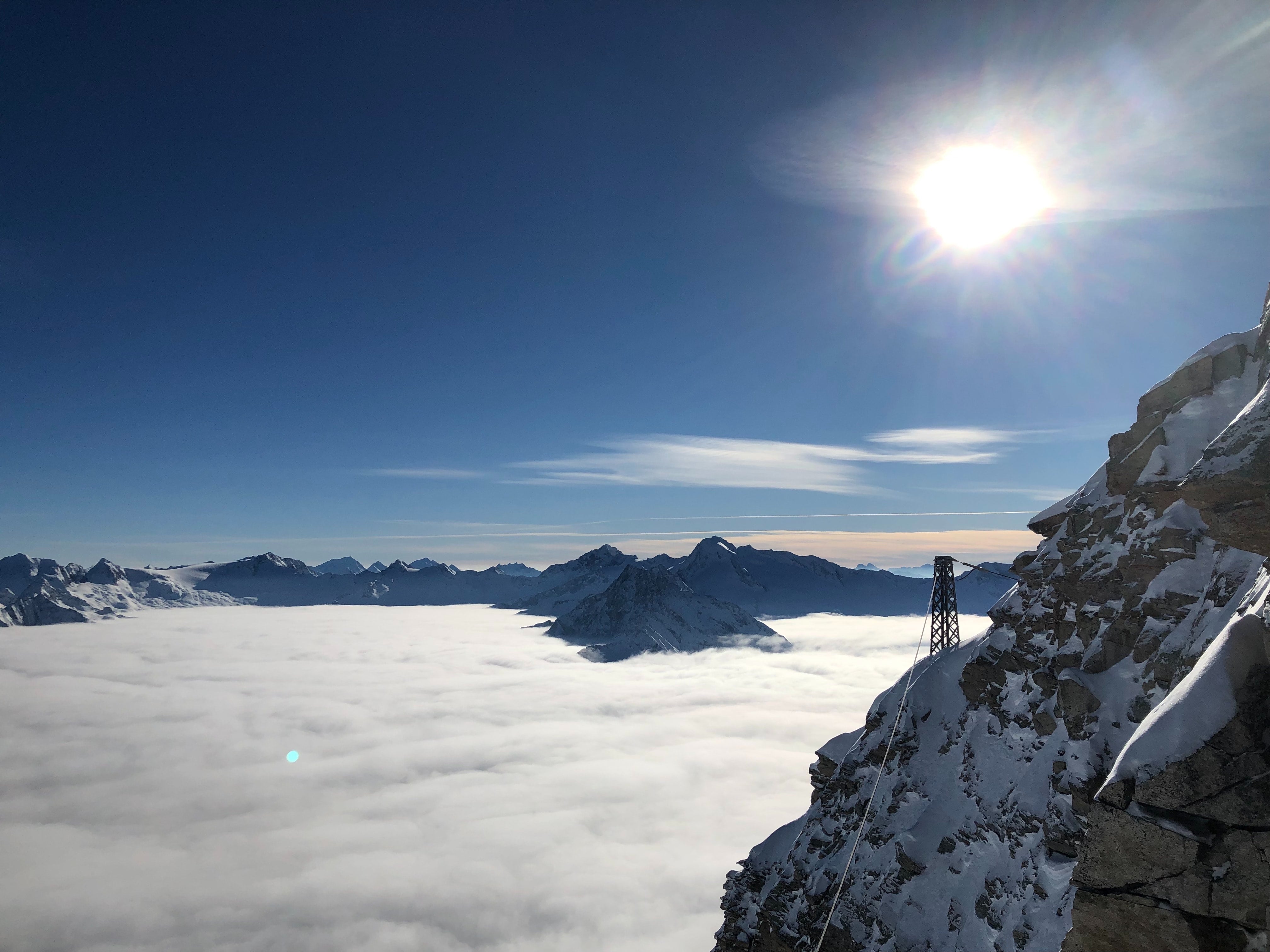From the start of his time on the racing slopes of tiny Mt. Brighton in Michigan as a youngster, Jim Karnes was never just a participant. He transitioned from speeding through gates on the 250’ vert at Michigan’s Mount Everest to pacesetting, and then to timing others as they pursued Olympic dreams from Minnesota to Kitzbühel, Austria.
His is a classic story of being inquisitive and constantly iterating to guarantee the best possible outcomes.
It is not often that someone who begins their career timing races at a small hill in Michigan decides to purchase World Cup-class timing gear, but Karnes isn’t someone who settles for imperfection.
His introduction to ZARGES came in a roundabout sort of way.
Karnes had always been fascinated by the cable reels that accompanied the timing gear but could never figure out who produced the reels. One day, while timing a World Cup race in Kitzbühel, Karnes finally saw a sticker on a reel. “It said Schill Reels on it and I noticed that their headquarters were not far away. I grabbed a sticker from one of the reels and stuck it on my sleeve. Once I had a chance to get some more details, I reached out to them – and the next day they were in Kitzbuhel and we were discussing a partnership.”
Karnes signed on with Schill to be their North American distributor, but there was another piece of the puzzle: the reels needed to be transported safely and efficiently. Shipping timing gear can be costly, particularly when the cases that contain the gear are made of hefty plastic.
“ZARGES Cases are ubiquitous in Europe, and they held more gear, were lighter, and had a smaller form factor. Shipping aluminum was far more affordable and efficient than plastic.”
Karnes knew he was on to something. After all, oftentimes what is being transported in the case is more valuable than the case itself. “A warranty for a broken case may allow you to return the product, but it won’t replace what was inside.”
At one point, Karnes’ gear included some plastic cases as well as aluminum. His team was on hand to time the Minnesota State High School Regional in Welch Village, MN, in -40-degree weather. Timing gear is dropped up the mountain in cases for quick deployment.
-40. A temperature that’s tough to sustain human life.
As it turned out, -40 was also too cold for plastic cases.
“When we came back around all the bottoms had shattered on the plastic cases. We had to figure out how to ship the plastic cases back, but none of the ZARGES aluminum cases were broken.”
While the elements are not always this extreme, Karnes has found that ZARGES cases remain the ideal way to transport Schill Reels. As a Schill distributor, Karnes sells to industries as diverse as broadcasters, the U.S. military, hospitals, and those who mine natural resources. He continues to advocate for the best protection in the industry to ensure that Schill Reels and the accompanying cables efficiently arrive intact at their intended destination.
“For my customers, every second matters, and every piece is critical to ensuring the success of their mission. There is no better way to transport Schill Reels than with a ZARGES case.”

Share:
It's Not The Destination - It's How He Gets There
Olympian Lexi Lagan Stays Smooth with ZARGES